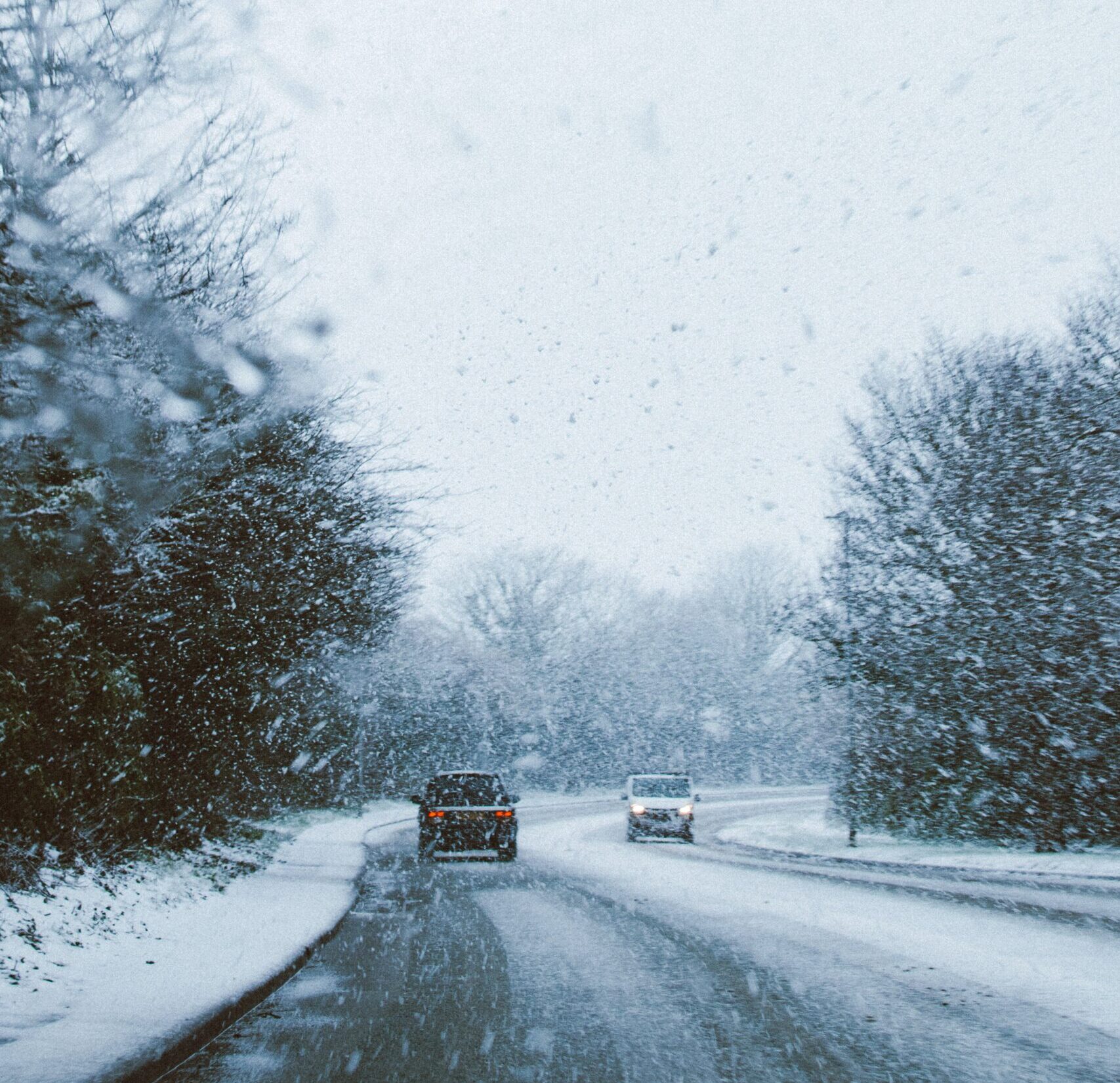
Winter skin concerns: Part 3
Acne and winter weather
Here’s why you get more acne in the winter
Our new blog series explores the ways in which winter affects our skin. Some people find that seasonal changes make their acne worse or cause breakouts. In the same way that we adapt and react to change, our skin does too. When environmental factors shift, our skin may shift its response to rebalance or protect itself.
Why is my acne worse in the winter?
In one word, the answer to this question is simply, “change.” When the temperature, elements, and humidity in our surrounding environment shift dramatically, our skin’s balance is thrown off. The skin’s natural cycles then respond in an attempt to regulate and keep skin’s cycles regular and healthy. But it can take time to rebuild a stripped moisture barrier or to rebalance when our skin overproduces oil.
Let’s explore how the colder weather and environmental changes affect acne outbreaks and how you can respond to maintain balance.
Dry skin
One of the worst things we see patients do is over-clean acne prone skin thinking that they can “scrub away” acne. It often comes as a surprise to learn that dry skin can be the first domino that falls when it comes to a string of acne breakouts. When skin is overly dry, your skin reacts by producing sebum to compensate. An excess of sebum can block pores and cause a buildup that causes blackheads, clogged pores, and breakouts. Acne can be a response to dry skin or to an imbalance in the skin’s natural moisture barriers. If you’re not maintaining hydrated skin, your skin may be trying to solve the problem itself with spotty results.
Keep your skin hydrated as the weather gets colder.
Last month we introduced solutions for dry skin in response to rosacea, some of which also apply here.
Consider introducing a humidifier into your home or work environment. You’ll want to minimize the length and heat of hot showers and baths. You may need to rethink your skincare regimen to introduce hydrating serums or lotions that don’t trigger your acne.
Inflammation
This is another winter acne trigger that also relates to dryness. The colder temperatures and dry indoor heat can cause an inflammatory response, making surface acne worse and cystic acne more painful while aggravating your skin.
Hats, scarves, and masks
If you’re wearing a scarf, hat, or high coat collar close to your neck, chest, or face, you may notice acne where fabric is rubbing against your skin. Combine that with dreaded “maskne” outbreaks, and winter can be a hard time for those of us concerned about acne outbreaks.
How can I prevent winter acne outbreaks?
Make sure you’re regularly washing scarves, hats, and coats so that you’re not exposing acne-prone areas to winter wear that’s covered in dead skin cells. Exfoliation is especially important in the winter, but you may want to consider a gentle, chemical exfoliant rather than one with harsh beads or irritants. Over-cleaning skin can also make your acne worse, so make sure you’re protecting your moisture barrier with products and treatments that help your skin maintain balance. Formulating a skincare regimen with a dermatologist equips you with tools to maintain the balance of your skin, using products that are specially formulated for your skin type.
Remember to wear sunscreen!
You might ache for the sun in the midst of winter; but that doesn’t mean that sneaky UV rays aren’t still reaching your skin through the windows in your office, home, or car. A brisk autumn or winter walk still exposes you to the sun and subjects your skin to damage. Wear sunglasses to protect the delicate, thin skin around your eyes and choose a broad-spectrum sunscreen with an SPF of 30 or higher to stay protected all winter long.
Explore our blog for more useful skincare tips from experts, insights on aging skin, and more.




